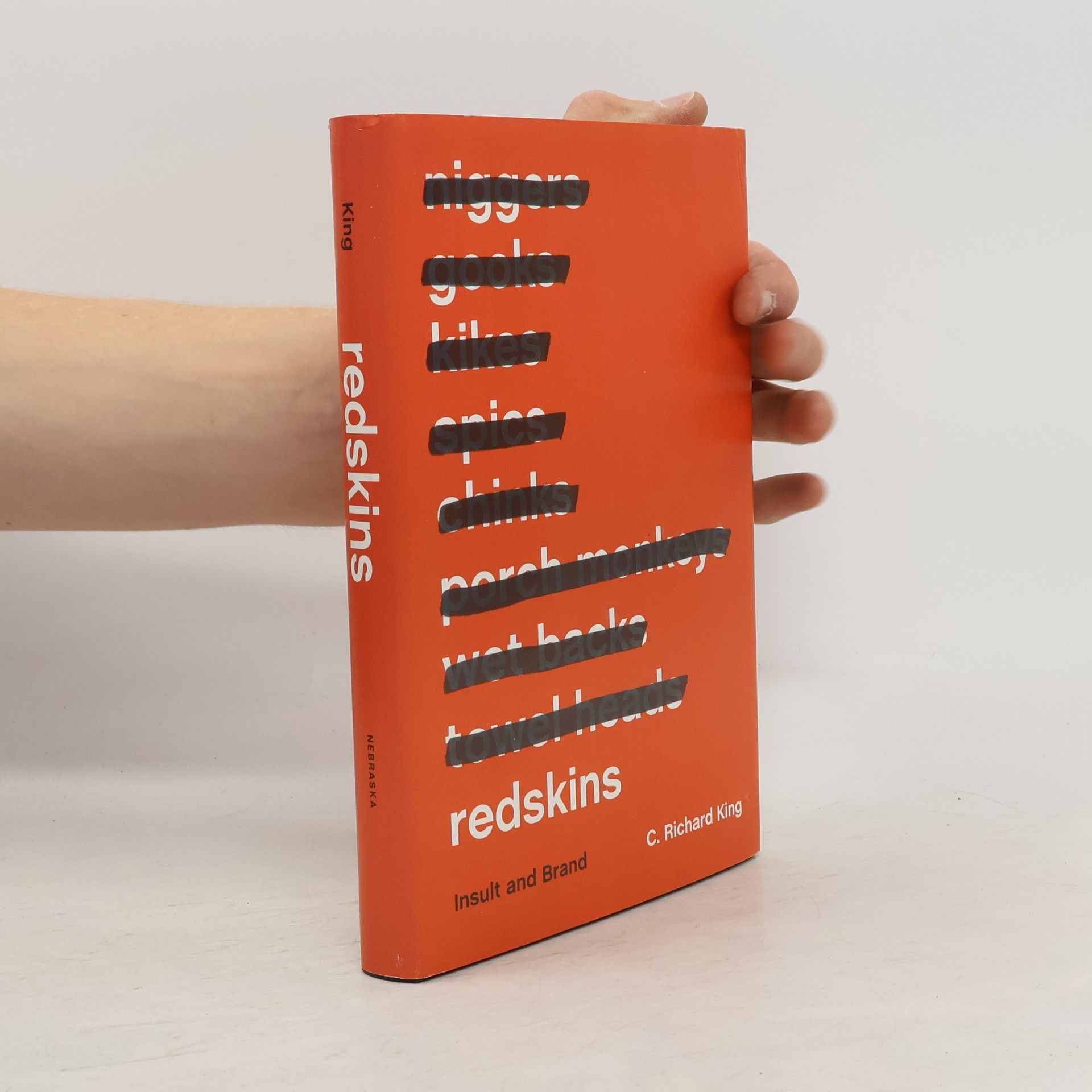Focusing on the representation of Native Americans in the twenty-first century, the book examines how these images are interpreted and redefined by American Indians. Through detailed analyses, it delves into themes of racism, cultural identity, and sovereignty, providing insights into the complexities of Indianness and its impact on contemporary society.
C. Richard King Livres


The Washington Redskins franchise is one of the most valuable in professional sports, largely due to its recognizable and profitable brand. However, “redskins” is a derogatory term for American Indians. Despite grassroots campaigns advocating for a name change, the current team owner insists it will remain unchanged. Franchise owners argue the name is a term of respect embraced by many American Indians, while the NFL defends it in court. Prominent figures, including journalists, politicians, and former players, have publicly condemned the name. Sportscaster Bob Costas labeled it a racial slur during a 2013 halftime show, and U.S. Representative Betty McCollum joined protesters, including former NFL player Joey Browner, calling for a change. The ongoing struggle over the team name raises critical questions about white Americans' perceptions of American Indians, the cultural power of consumer brands, and the barriers to inclusion and equality. C. Richard King explores the history of the team’s name, the evolution of “redskin,” and the diverse opinions surrounding its use today. His analysis of the team’s logo and mascot highlights the troubling history tied to a name associated with a multibillion-dollar NFL entity that relies on public funding, as well as contemporary attitudes toward Native Americans.